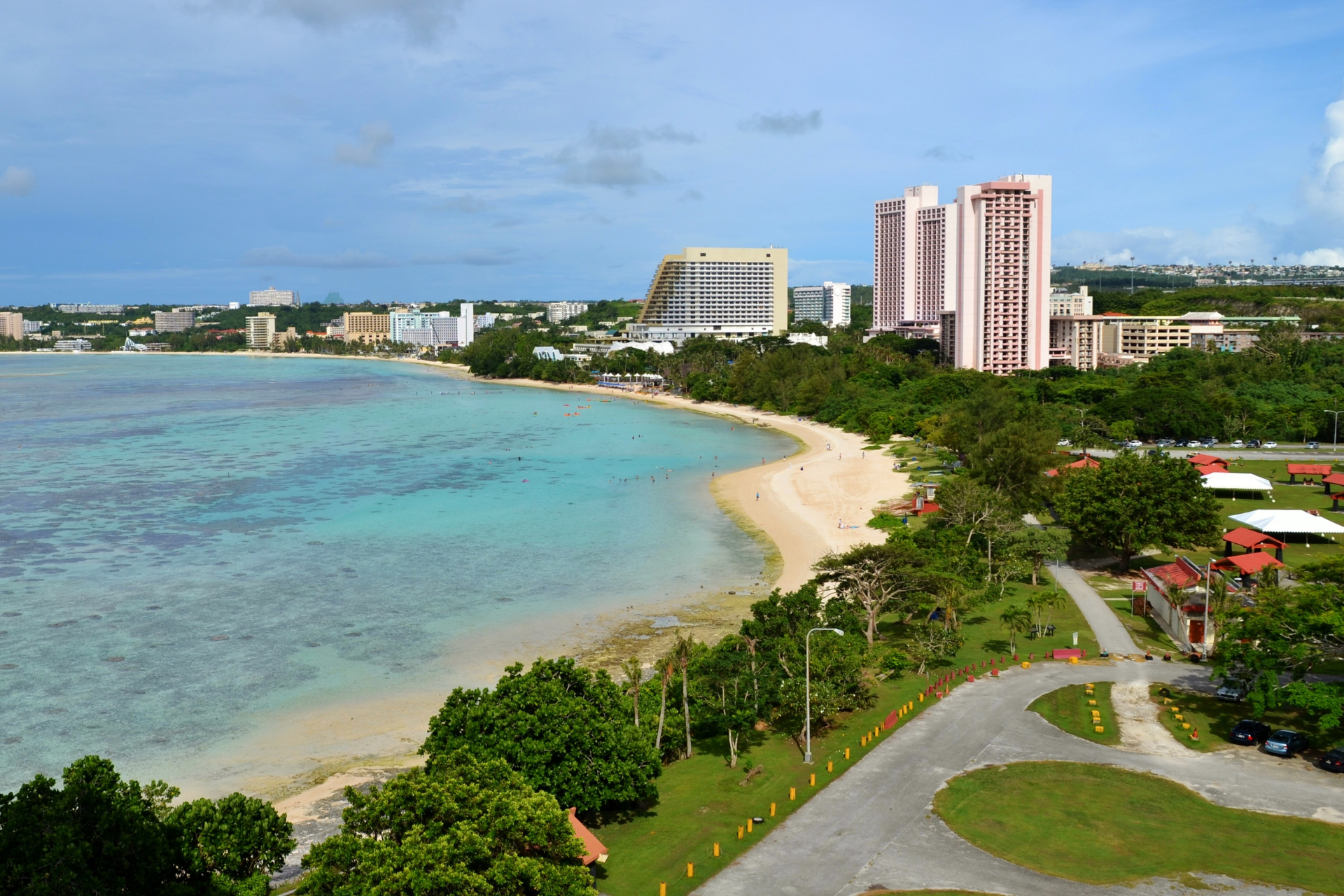Puerto Rico Republican leaders have written to Attorney General Jeff Sessions offering guidance, a historic perspective and a forceful recommendation to exclude a “Commonwealth” option from the ballot for Puerto Rico’s upcoming plebiscite vote on June 11th.
The proposed ballot, as submitted by the Puerto Rico State Elections Commission, contains two choices for voters in the upcoming referendum: statehood or independence/free association. The June vote serves as follow up to the 2012 plebiscite in which 54% of voters rejected Puerto Rico’s status as a U.S. territory. In a second question on the 2012 ballot, more than 60% chose statehood, 33% voted for free association and almost 5.5% opted for independence.
Under a 2014 Federal law, the Justice Department must approve the ballot options as being consistent with the Constitution, laws and policies of the United States. The Puerto Rican legislature has requested a response by Sunday, April 16th. The Justice Department is expected to provide an answer by this Friday.
On April 6, eight Republican U.S. Senators who represent states with minimal Puerto Rican populations wrote to Attorney General Sessions arguing that he should reject the proposed ballot structure because it did not include a “Commonwealth” option.
In response, the three heads of the Republican Party of Puerto Rico – Chairwoman and Puerto Rico Resident Commissioner Jenniffer Gonzalez-Colon, National Committeeman and Former Governor/Resident Commissioner Luis Fortuno, and National Committeewoman Zoraida Fonalledas, wrote to Sessions emphasizing the “historic leadership of the Republican Party on Puerto Rico self-determination,” and urging the Attorney General’s “continuation of this proud tradition by approving ballot definitions for the June 11th plebiscite without adding a ‘Commonwealth’ option.”
In their April 12 letter, the Republican leaders explained that “Commonwealth” is a term that “carries no legal meaning and has often been manipulated to offer an impossible package of good to the U.S. citizens of Puerto Rico.” The letter further notes that in both 2005 and 2007 Republican President George W. Bush recommended that Puerto Rico hold a plebiscite asking voters to either accept or reject Puerto Rico’s territorial status, and then to hold a follow up vote between “one of the permanent non-territorial options permitted by the Constitution: statehood or independence” if the people reject Puerto Rico’s territorial status in the initial vote. “It is time to hold that vote,” the letter argues, referring to the choice between the two non-territorial options.
Yesterday, Resident Commissioner Gonzaelz-Colon wrote a longer letter to Attorney General Sessions noting that the Senate letter included some “egregiously misleading assertions” regarding “Commonwealth,” such as claims that Puerto Ricans have voted for “Commonwealth” and that the non-inclusion of “Commonwealth status” disenfranchised voters. She argued instead that “Commonwealth” proposals in past ballots “were very different from the current governing arrangement” and that these proposals were ultimately rejected by the Federal government for constitutional and other reasons.
“In the Puerto Rico status context,” Gonzalez-Colon wrote, “‘Commonwealth’ has two different meanings. One is a reference to the islands’ current status. This status is territory[.]”
“‘Commonwealth'” she continued, “is also used in Puerto Rico to refer to various proposals of the local Popular Democratic Party or some of its leaders for an unprecedented governing arrangement. These proposals have been made since the 1950s and have been ultimately rejected by the Justice Department, the Executive branch as a whole, and in Congress as impossible for constitutional and other reasons.”
Puerto Rico’s lone representative to Congress also notes how Puerto Rico’s territorial status has impacted the island. “The current status precludes the possibility of a representative government at the national level, and has now resulted in self-government on local matters being subject to the determinations of appointees of a government in which Puerto Ricans do not have voting representation. The current status has also resulted in treatment of Puerto Ricans in major Federal programs worse than their fellow citizens in the States. The status has, further, resulted in underdevelopment, serious economic deterioration, and miss migration, as individual Puerto Ricans have voted for statehood for themselves by moving to a State for the greater opportunities and better life afforded U.S. citizens who live in a State.”
Read the full letter from Resident Commissioner Jenniffer Gonzáles-Colón to Attorney General Jeff Sessions.
Read the full letter from Puerto Rican Republican Party leaders to Attorney General Jeff Sessions.


